As we all know, vitamin D is especially important to children.
It can promote children’s body to absorb calcium. If children lack vitamin D, rickets may be caused.
Vitamin D should be supplemented at birth, and it is best to supplement it until old age.
Every time clove mother sends out vitamin D articles, many parents leave messages asking: I originally wanted to supplement vitamin D to my baby, but the most common vitamin D on the market is bound with vitamin A. Will children eat too much vitamin A every day, which is harmful to their health?
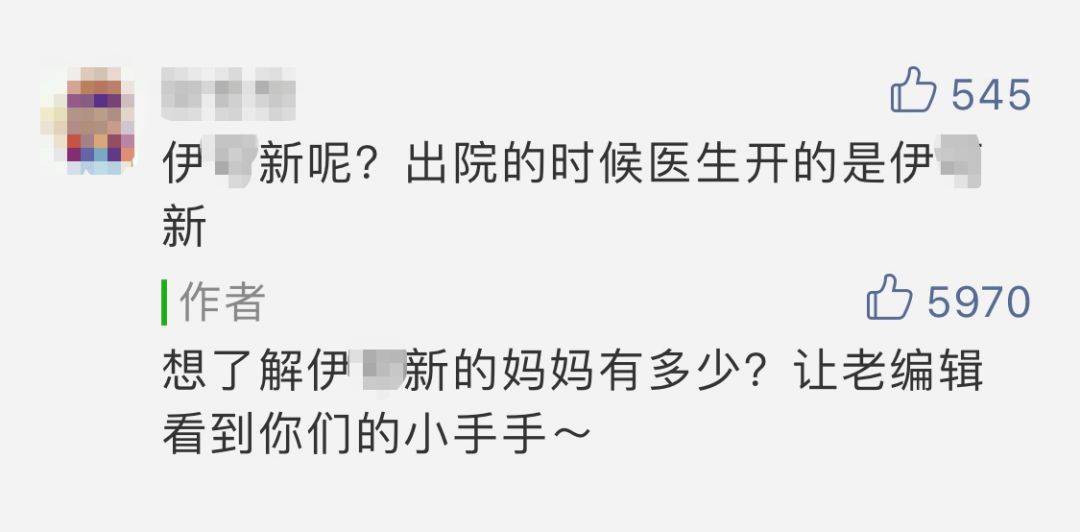
The IX Xin mentioned by this mother is the most common vitamin AD mixture in China, which can supplement vitamin A and vitamin D at the same time.


Many hospitals, including community hospitals, prescribe this one when prescribing supplements to their children.
Can children be poisoned by vitamin A every day? Is Yi X Xin still edible?
Today, we will not blow or blow black. Please invite nutritionist Li Liangli to talk to us deeply.
Can children be poisoned by vitamin A every day?

One of the most common statements on the Internet is that overdose of vitamin A is very harmful and may cause headache, alopecia, liver enlargement, muscle stiffness, skin pruritus and other symptoms. Therefore, many mothers panic and fear that it is not safe to give their children vitamin AD every day.
Excessive vitamin A will have the risk of poisoning, but [talking about toxicity without dose is rogue].
The toxic dose of vitamin A is quite high, requiring a single oral administration of more than 20,000 IU.
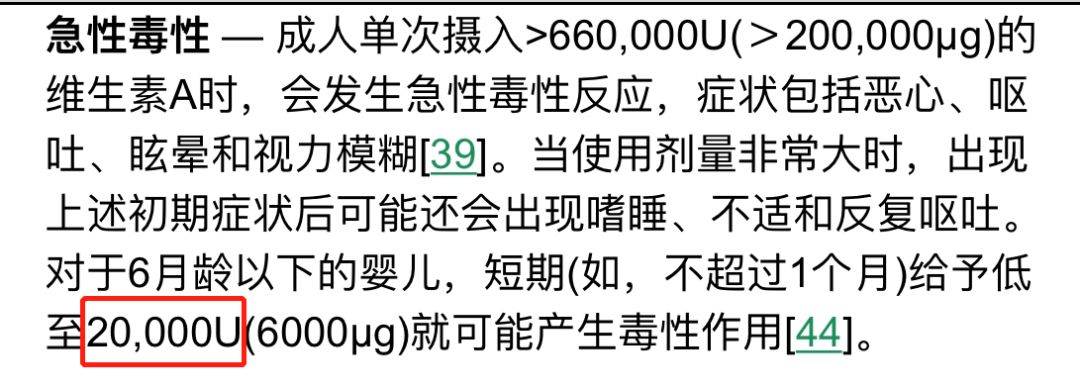
Take the new product manual of IX, which is mentioned most by everyone, for example. If children eat according to the instructions, their daily intake of vitamin A is 1500 IU ~ 2000 IU.
As long as you don’t eat the wrong food and eat too much, you won’t cause poisoning (unless you eat 10 pills at a time).
Why do western countries recommend vitamin D instead of AD?

Seeing this, many mothers will ask: Since there will be no poisoning, why do many foreign doctors only recommend pure vitamin D?
The market situation of vitamin D supplements at home and abroad is different.
Foreign western developed countries all recommend pure D, and babies do not need vitamin A.
The American Academy of Pediatrics recommends that the only supplement that breast-fed healthy infants need is vitamin D, which should be 400 IU per day.

Children in the United States and other European and American countries consume significantly more meat, eggs and milk every day than Chinese babies. Vitamin A intake is not a problem at all, only vitamin D needs to be supplemented separately.
Many doctors and pharmacies in our country are recommended AD, which is not only related to commercial factors, but also related to the average level of the whole country and region.
WHO believes that vitamin A supplementation needs to be a public policy for vitamin A deficient countries (Africa, Southeast Asia).
In other words, WHO’s proposal takes into account the current situation in both remote and underdeveloped areas.
If the child is in inland cities or remote areas, it will be deeply affected by the traditional feeding habits (for example, the baby will only eat cereals such as gruel and batter after trying supplementary foods for 6 months, and fruits, vegetables and eggs, milk and meat will be added later). Vitamin A supplement is indeed recommended at this time.
However, in areas with better economic conditions, children’s diet is generally good, so there will be no serious malnutrition. A balanced diet will bring the baby sufficient vitamin A and no additional supplement is needed.
Does vitamin A not supplement children’s deficiency?
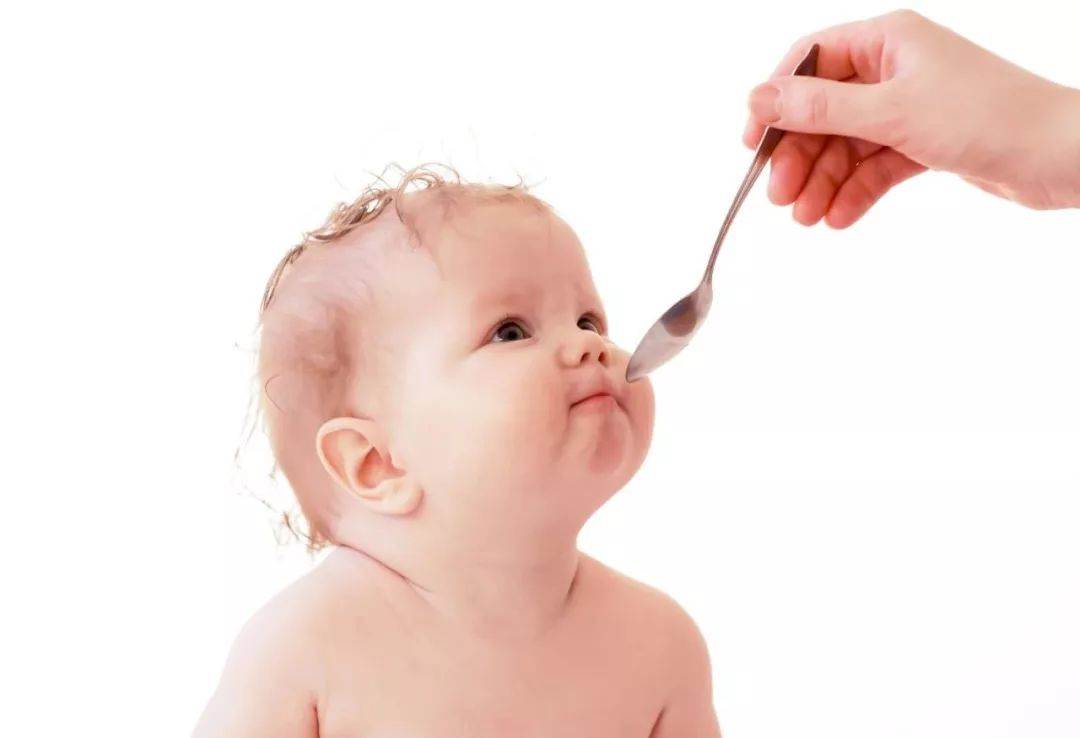
A balanced diet is the healthiest source for babies to supplement vitamin A.
For exclusively breast-fed babies, nursing mothers need to pay special attention to their diet balance to ensure sufficient nutritional content in milk, so that children can obtain sufficient vitamin A through breast milk.
For babies who drink milk powder, the formula milk has fortified vitamin A ingredients and does not need additional supplements.
After the child adds supplementary foods, eating more animal foods such as meat, eggs, milk, animal liver and dark vegetables can meet the baby’s nutritional needs.
In other words, as long as the child eats well, it is the most natural and healthy to supplement vitamin A by dietary supplements, and no additional supplements are needed.
Can Yi X Xin continue to eat?
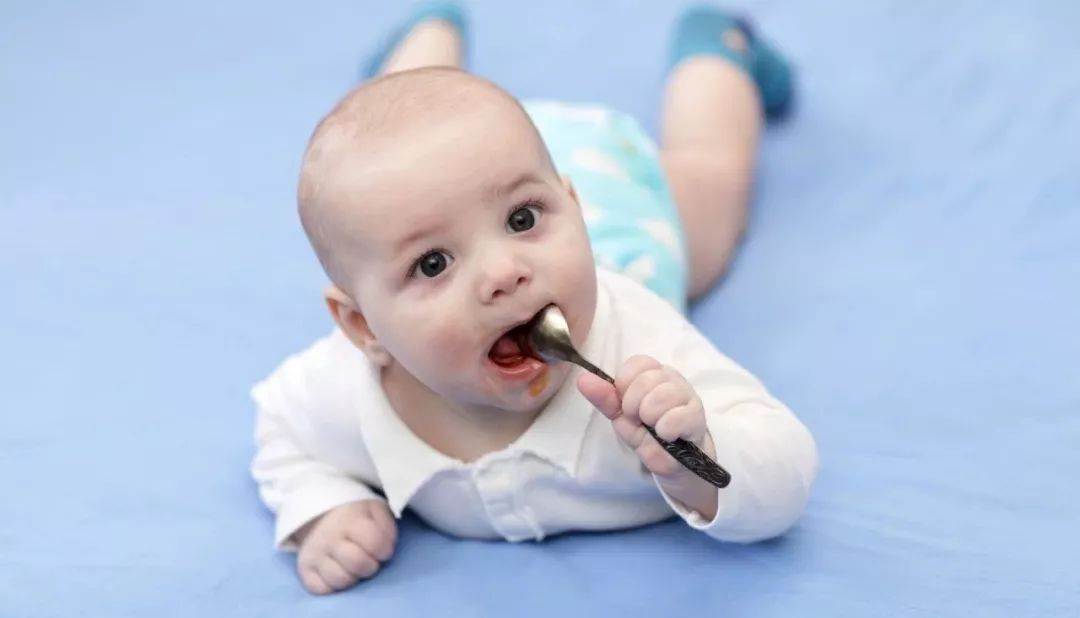
It can be eaten, but it is not recommended to eat for a long time.
We sorted out the vitamin A intake and the content of IX Xinzhong, and compared them with the recommended daily requirements of children:
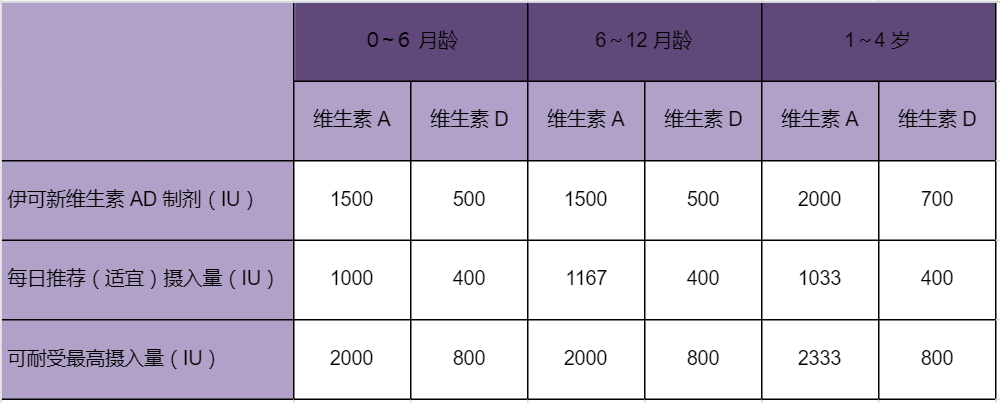
Careful mothers can find that the vitamin A content in Yi X Xin Zhong is greater than the recommended daily intake of children.
Although vitamin A overdose and poisoning are not the same thing, the child’s body obviously does not need so much nutrition but has been overdose, which is still too much.
No matter what’s dietary supplement, the purpose is to make up for the deficiency in the diet.
If the mother has no confidence in the diet she provides, or the child is not willing to eat eggs, milk, meat and other foods, it is suggested that the intake of vitamin A can be ensured by alternating AD mixture and individual vitamin D.
If the child eats well and has good nutrition, simple vitamin D can already meet the child’s daily nutritional needs, and supplementing vitamin A is gilding the lily.
